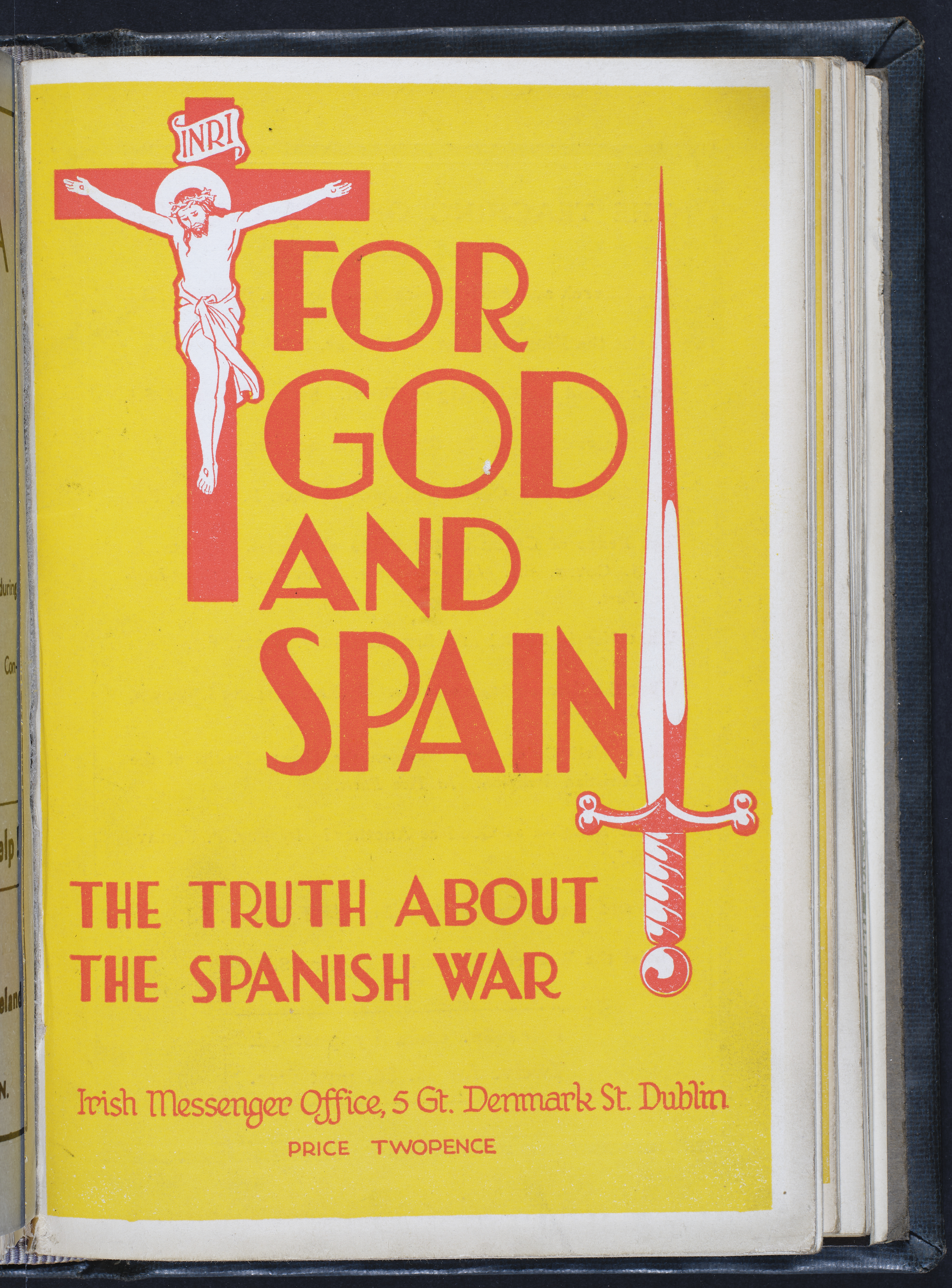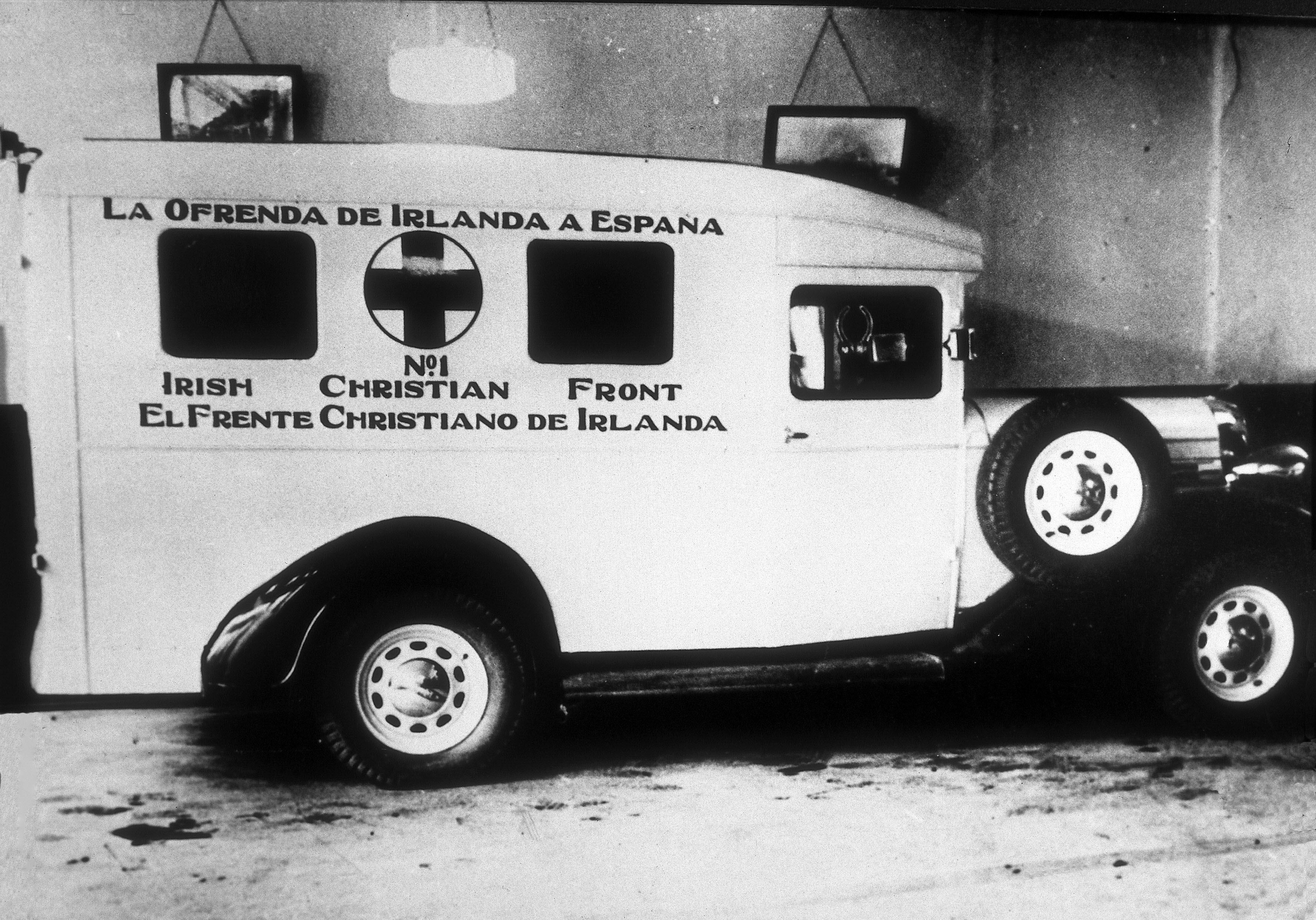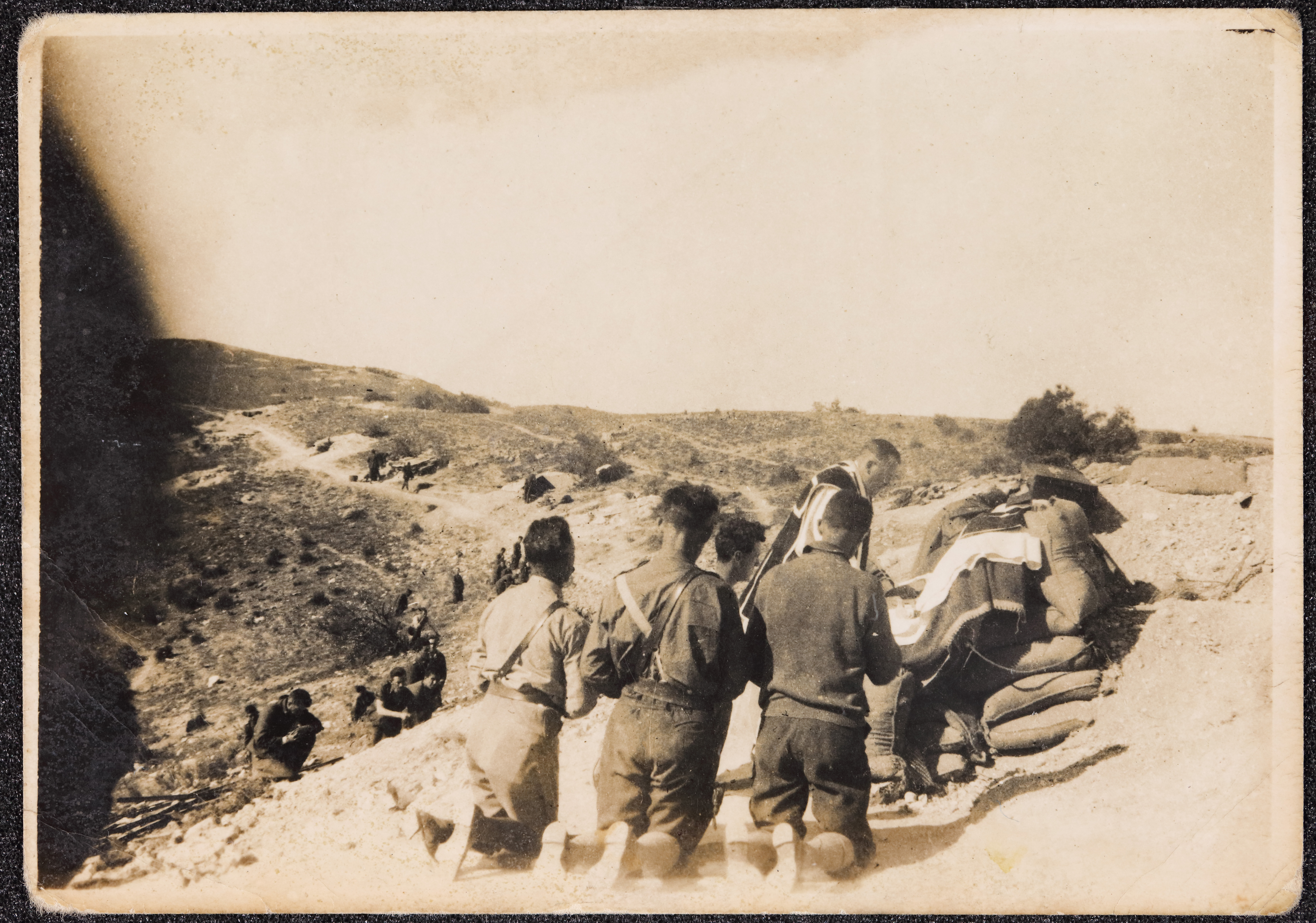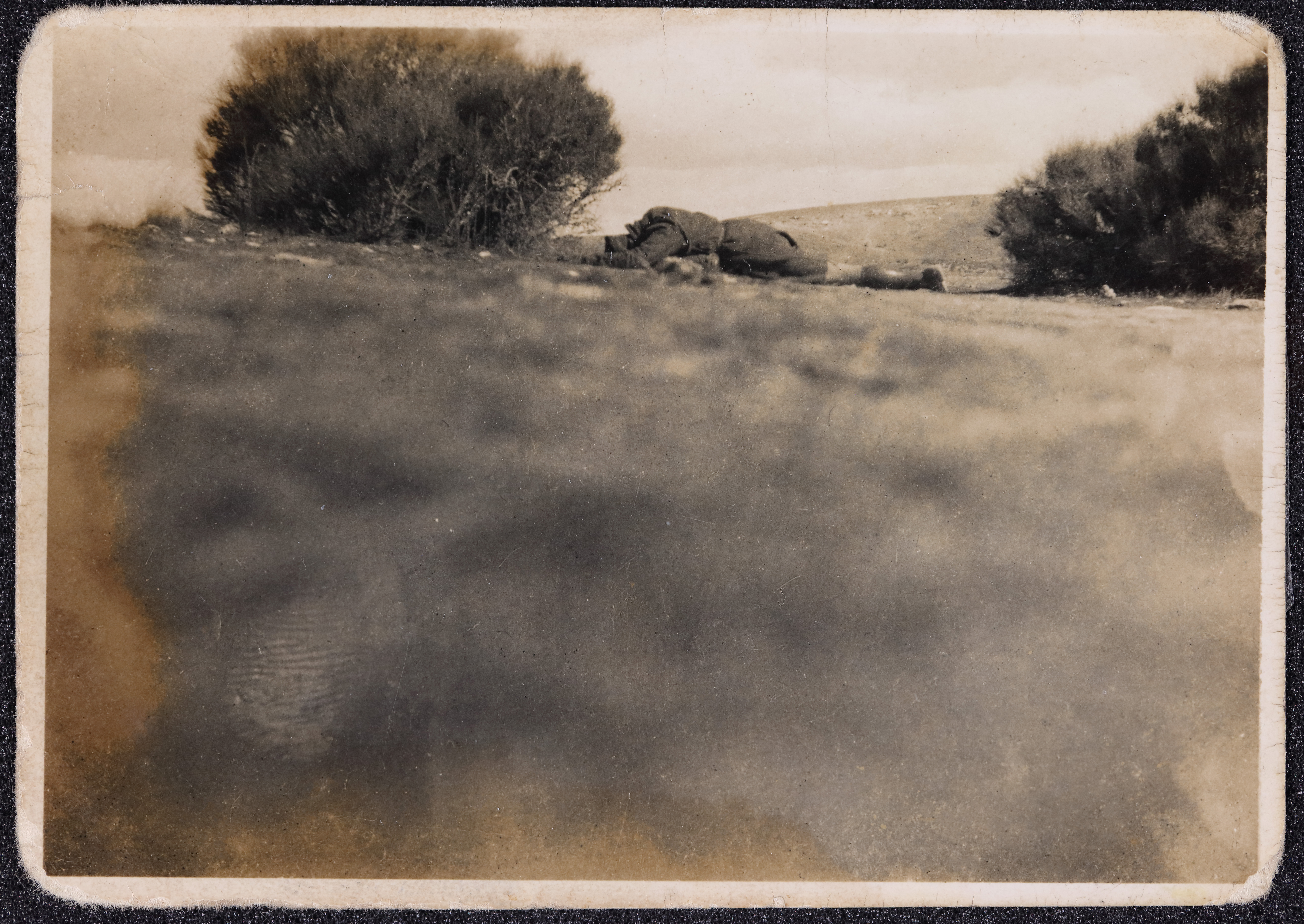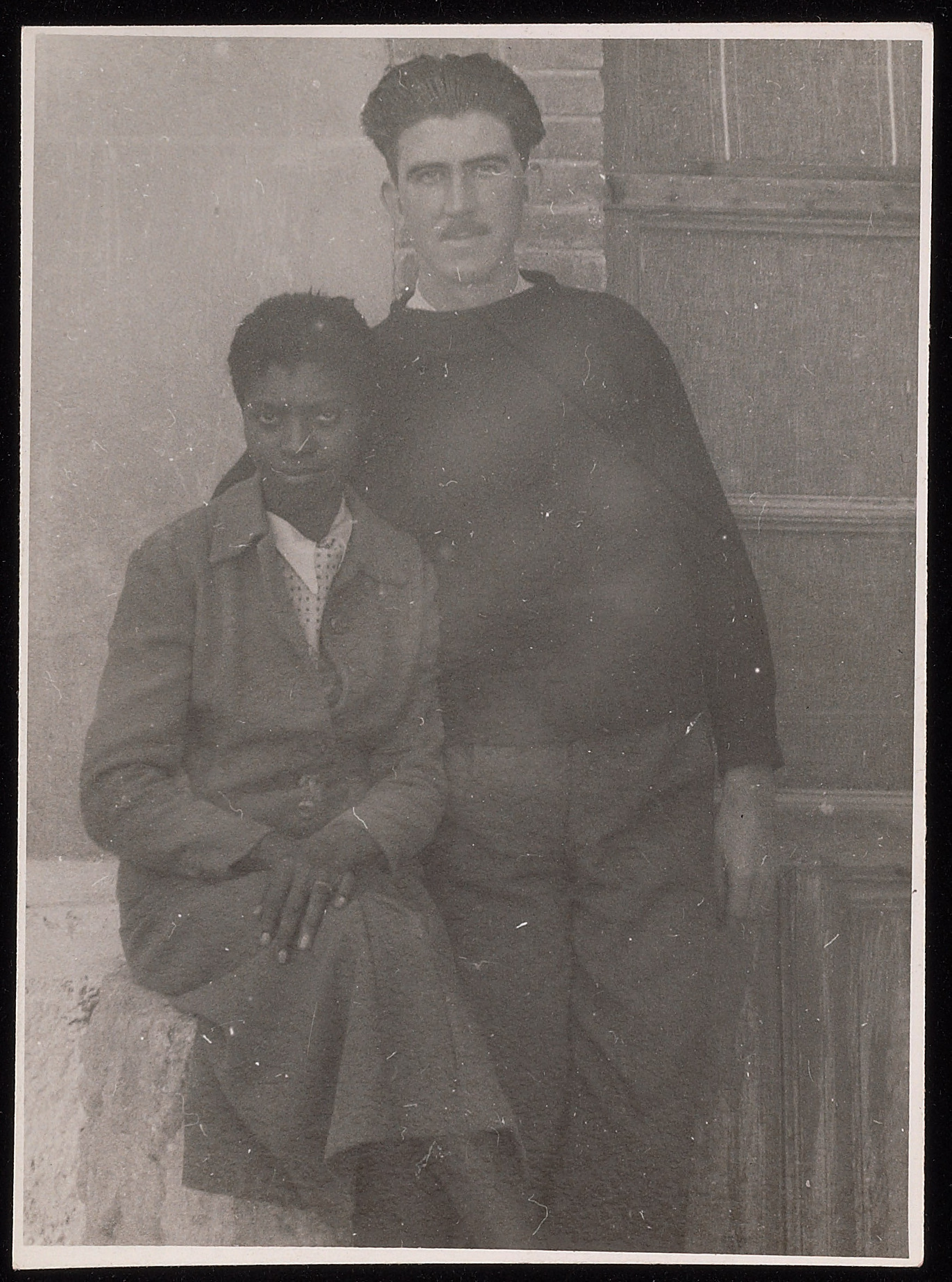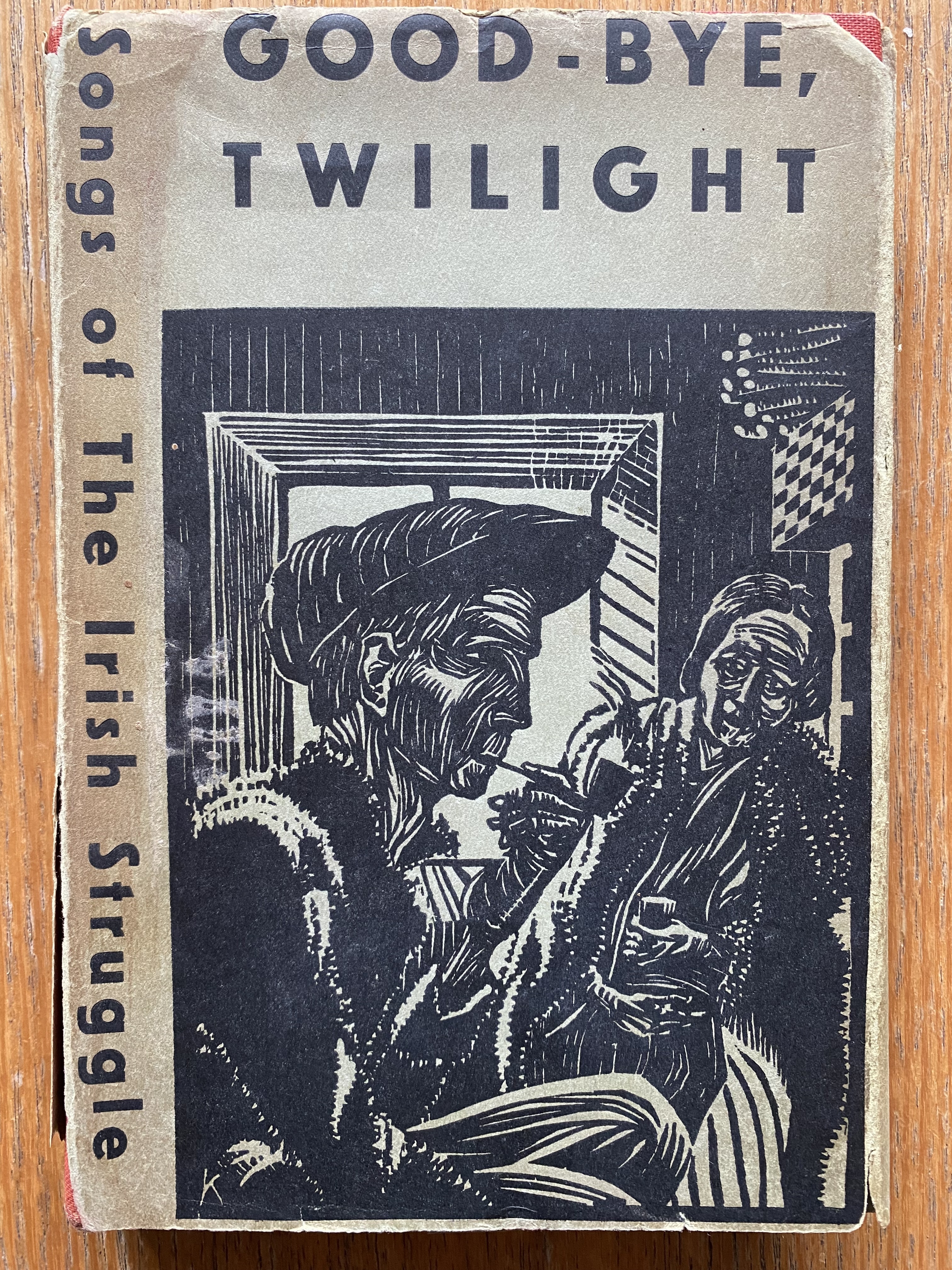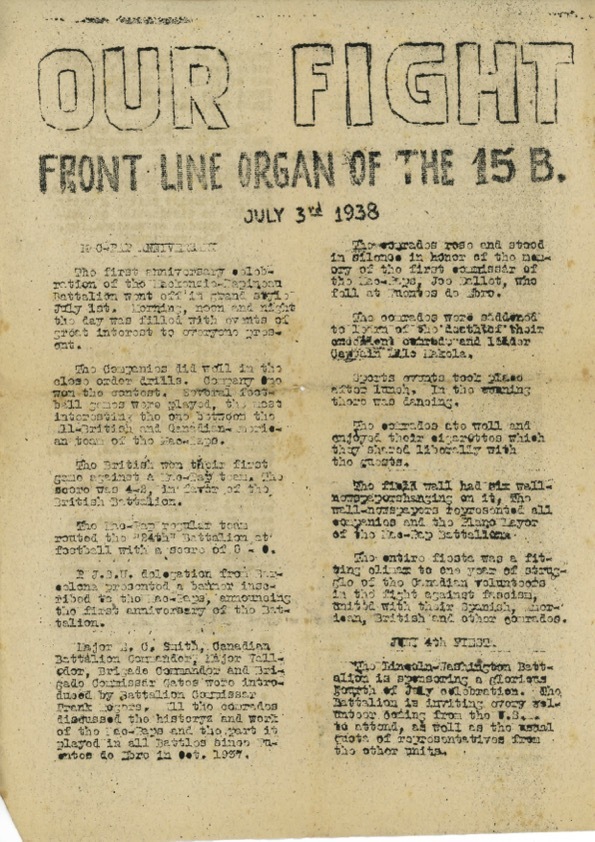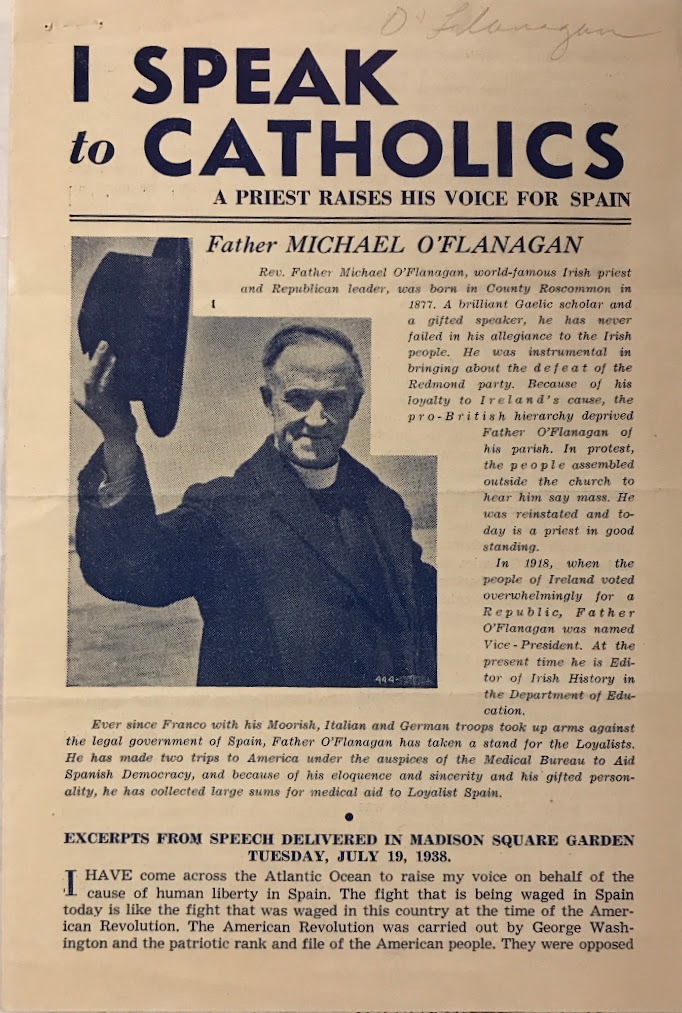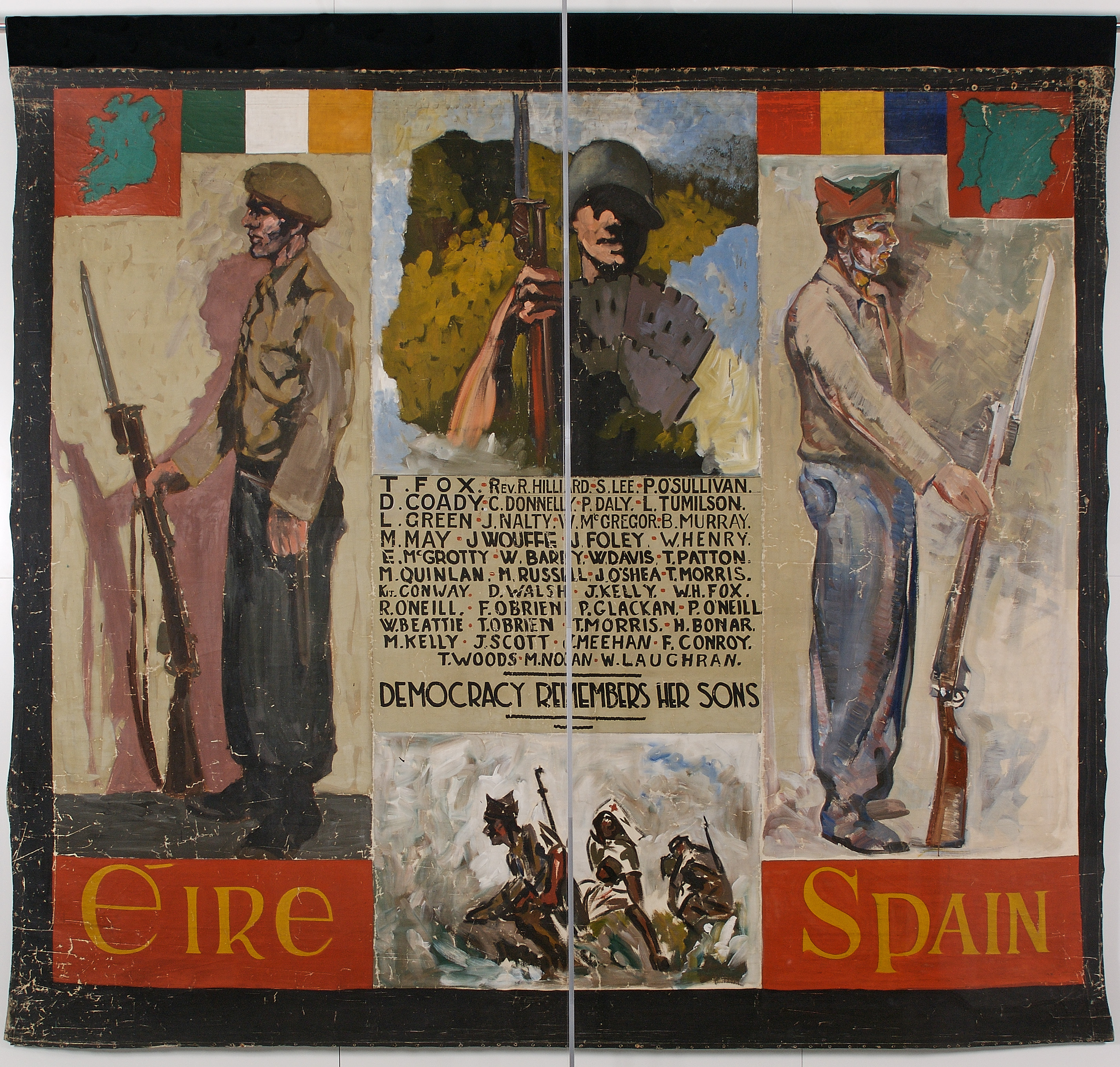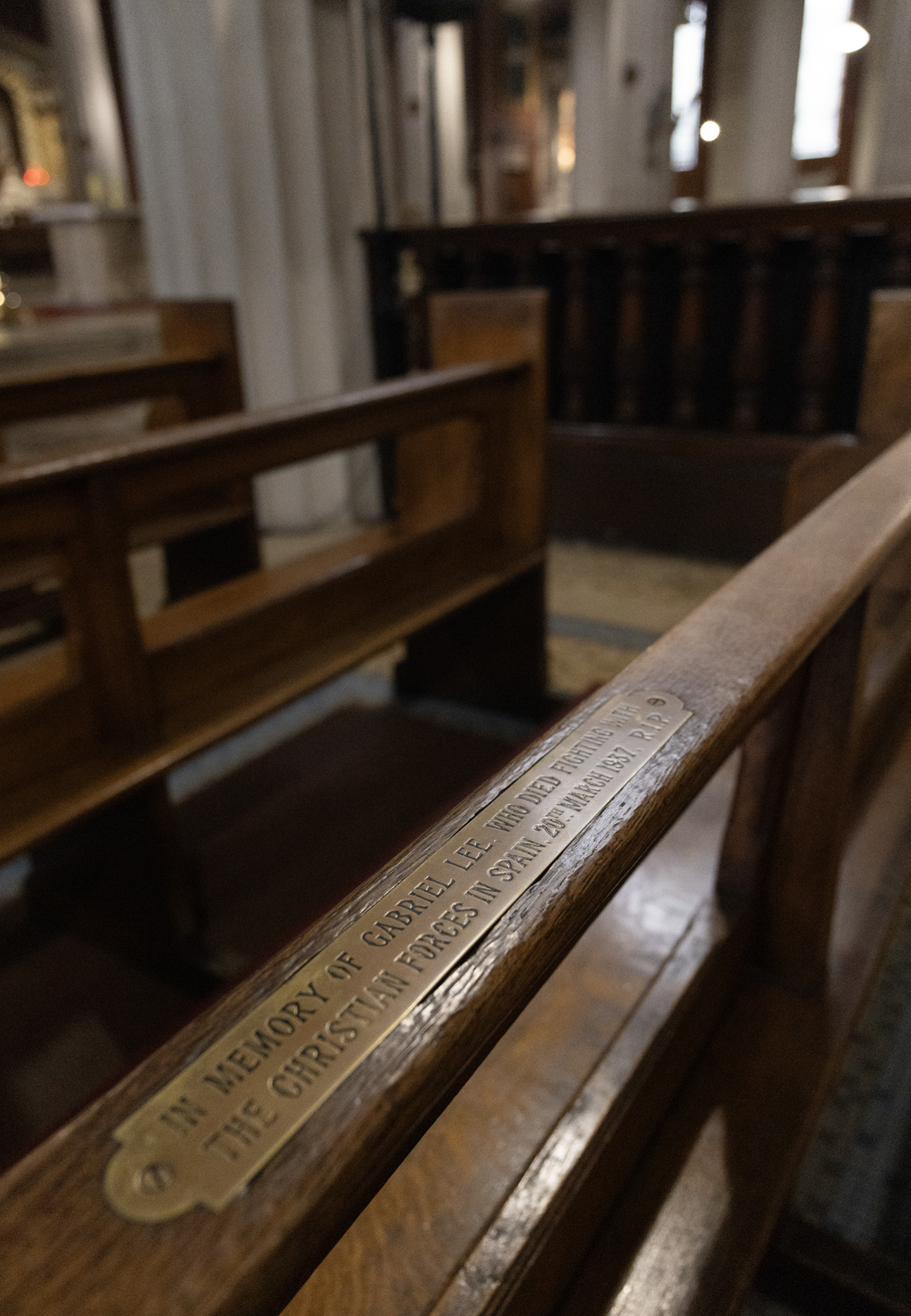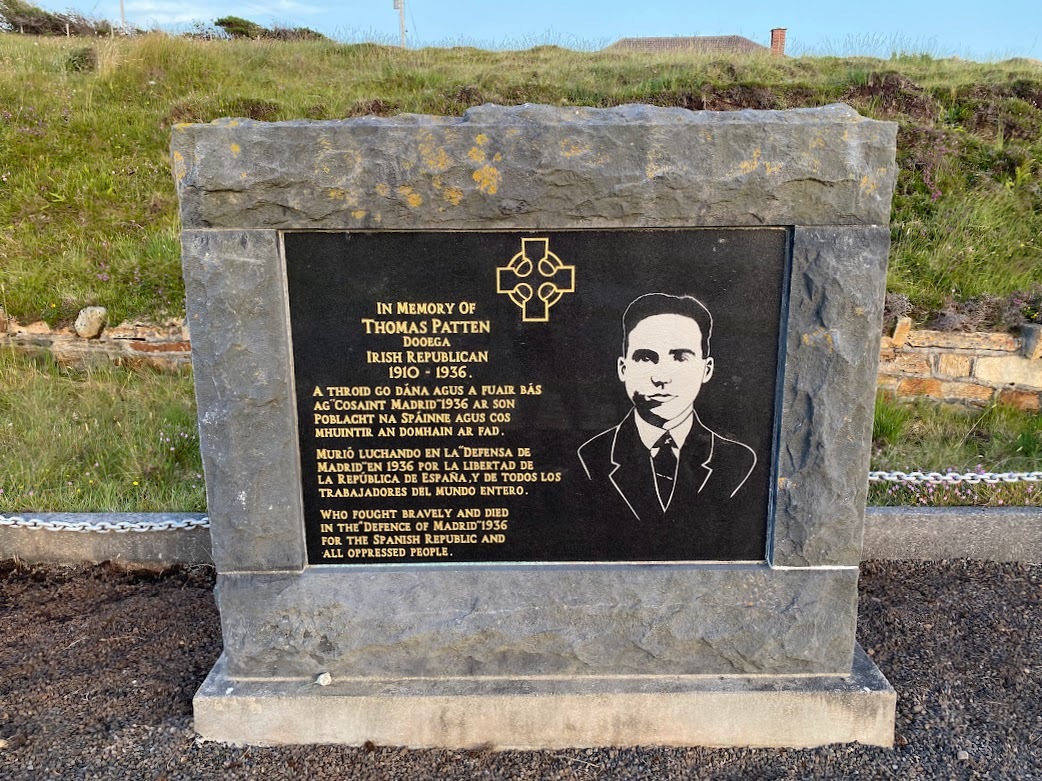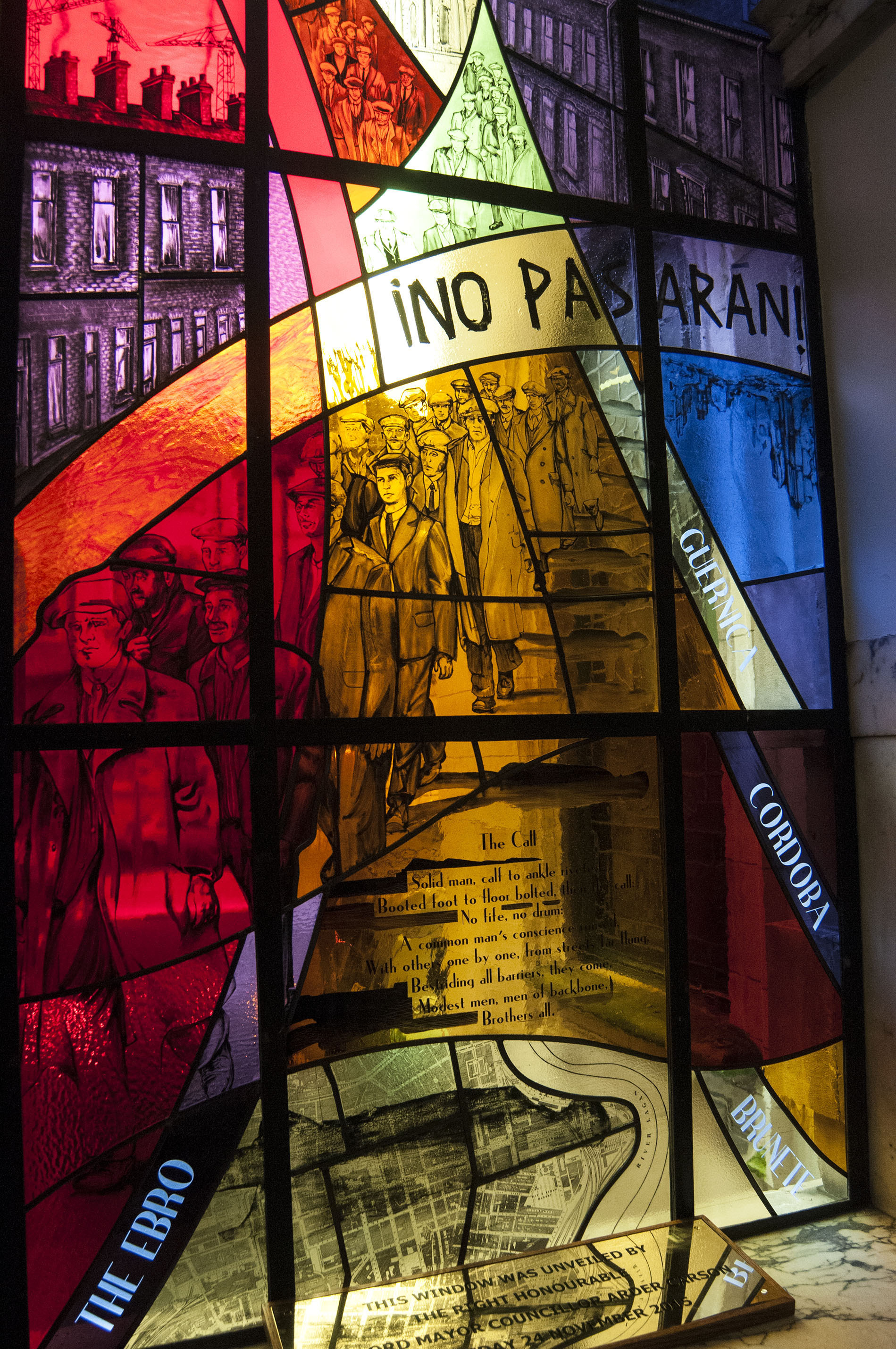Few nations responded to Spain with greater fervour than Ireland. During the summer and autumn of 1936, as two Irish militias prepared to fight there, pro-Franco rallies swept the country. As in other states, the war was widely viewed as a struggle for civilization but, for most Irish people, Spain was seen as a crusade for Christianity rather than a conflict between opposing political ideologies.
Since independence, politicians on both sides of Ireland’s bitter Civil War divide identified the Irish Free State with Catholicism. Consequently, the sensational press reports of anti-clerical violence in Republican Spain inflamed public and political opinion. The most popular newspaper in the country, the Irish Independent, urged support for the Nationalists ‘who stand for the ancient faith and traditions of Spain’. The Catholic Church, the most influential body in the state, committed itself fully to Franco’s cause. ‘There is no room any longer for any doubts as to the issue at stake in the Spanish conflict’, declared Cardinal MacRory in September 1936: ‘It is a question of whether Spain will remain as she has been so long, a Christian and Catholic land, or a Bolshevist and anti-God one.’
Seizing the opportunity to resurrect his failed political career, the leader of the fascistic Blueshirt movement, Eoin O’Duffy, raised a 700-strong Irish Brigade to support Franco. He was backed by the conservative Fine Gael party which condemned the Irish government’s failure to recognise Franco. Most within the republican Fianna Fáil government also identified with the ‘Catholic cause’ but they regarded Franco’s militant Irish supporters with suspicion, and remained committed to maintaining Irish neutrality as wider conflict loomed. Although Irish radicals struggled to counter the prevailing pro-Franco hysteria, 250 Irish republicans and communists enlisted in the International Brigades.
Northern Irish responses were also strongly shaped by confessional identities. Many within the majority unionist community disliked both the republicanism of the Popular Front and the Catholic ethos with which the Nationalist cause was identified. Most Northern Catholics supported Franco, but a strong trade-union tradition resulted in some cross-community support for the Spanish Republic.
By late 1937 popular Irish support for Franco had declined as the complexities of the Spanish conflict became more evident. As this exhibition explores, the two Irish militias encountered very different circumstances in Spain, whilst the popular memory of both groups of volunteers has diverged sharply over recent decades.








